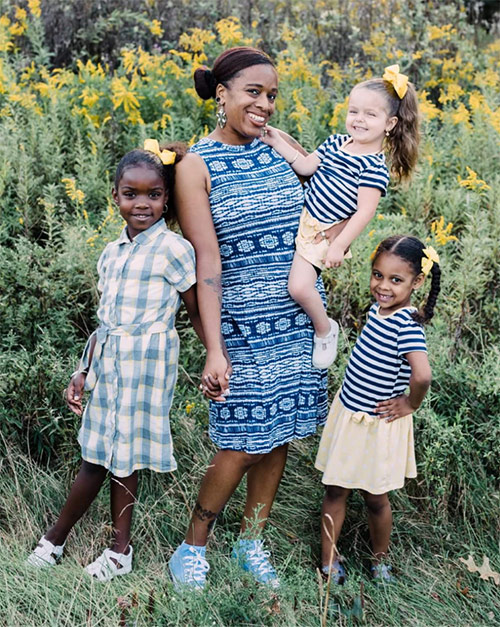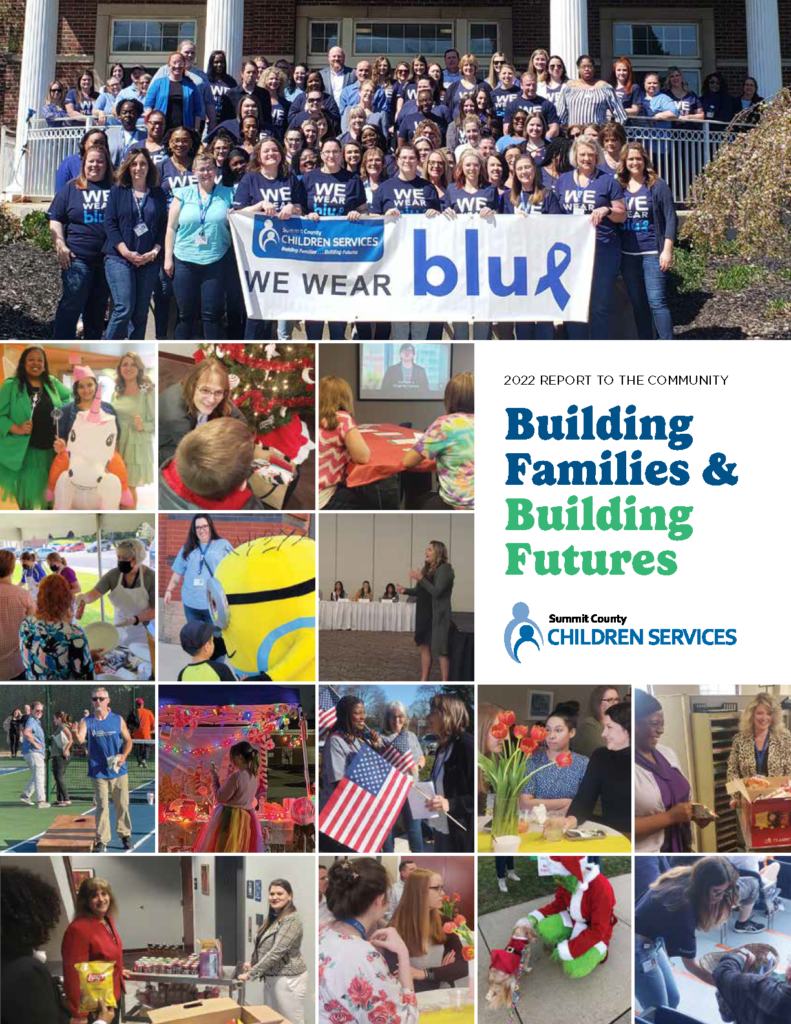Kinship Care Legal Information
Becoming a kinship caregiver can result in feelings of happiness, relief, anger, disappointment, and frustration. Coupled with these feelings, can also be confusion regarding the legal system and how it pertains to your situation. It is always recommended kinship caregivers consult with an attorney regarding their specific legal situation, but the following information may be helpful in sorting through some of the legal terms, definitions, and courts that you may encounter in the future.
Maintaining a family can be economically difficult. With the unplanned addition of one or more children, finances can become increasingly strained. There are several governmental programs that may be able lessen your financial burden.
As you raise the children in your care, you probably have your hands full. You’re doing your best to care for the children each day. Lawyers – and, in fact, the whole legal system – may be the last thing you want to think about. These concerns are legitimate, but the truth is you will probably have to use the legal system, and possibly, the services of a lawyer, if you continue to raise the children in your care. You will have to take some steps to keep the children safe and secure. You will likely need legal papers to get them medical care and enroll them in school. You may also need legal help to plan for their future or to keep them safe from harm.
Please refer to the following information when attempting to contact any of the following legal courts, agencies or programs.
You could get a custody order. This means you would be responsible for the child’s day-to-day care. The parents would continue to have a legal relationship with the child. They would have a right to visit (unless the judge says they cannot) and could someday ask a judge to give custody back to them.
You could become the child’s legal guardian. Like a custody order, becoming a legal guardian means day-to-day responsibility for the child, while the parents keep some rights. The main difference between a custody order and legal guardianship is that guardianship is usually granted in a different court with different rules.
You could adopt the child. You would become the child’s legal parent in every way. The legal relationship between the child and the child’s birth parents would end, and you would decide if and when they visit. The birth parents would never again have the right to ask a judge to send the children back to them.
Domestic Relations Court
205 S. High Street
Akron, OH 44308
PHONE: (330) 643-2365
Website: www.drcourt.org
Purpose: Handles cases of divorce, legal separation, custody (in situations where the parents were married), and domestic violence among household members.
Juvenile Court
650 Dan Street
Akron, OH 44310
PHONE: (330) 643-2900
Website: www.Co.Summit.Oh.Us/Juvenilecourt/
Purpose: Handles cases regarding dependency, neglect, abuse, custody (in situations where the parents were not married, or the parents/guardians were involved with Summit County Children Services due to dependency, neglect, and/or abuse), delinquency, unruly, child support, the establishment of a parent-child relationship (commonly known as paternity, or in rare cases, maternity), and traffic (for juveniles).
Probate Court
209 S. High Street
Akron, OH 44308
PHONE: (330) 643-2352
Website: http://summitohioprobate.com
Purpose: Handles guardianships, adoptions, administration of estates, name changes, and marriage licenses
Akron Bar Association (Covers Summit County)
57 S Broadway St
Akron, OH 44308
PHONE: (330) 253-5007
FAX: (330) 253-2140
Purpose: Handles notary services, complaints/grievances, fee disputes with an attorney, and attorney referrals.
Community Legal Aid Services (formerly known as Western Reserve Legal Services)
50 S Main St #800, Akron, OH 44308
PHONE: (330) 535-4191
FAX: (330) 535-0728
Purpose: Provides assistance regarding domestic relations issues (custody, visitation, divorce, dissolutions, child support collection, paternity suits), and civil issues (landlord problems, consumer problems, and welfare/food stamp problems). Also assists senior citizens (over 60 years of age) with certain legal matters. No assistance regarding criminal issues is provided. Eligibility for services is based on income.
*Information courtesy of The Ohio Kinship Care Resource Guide.






